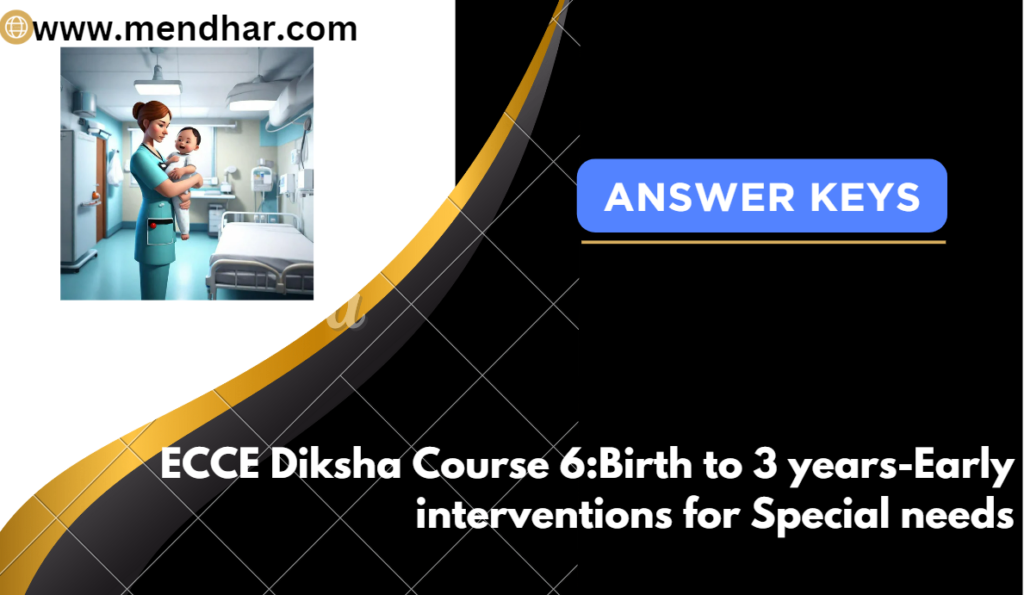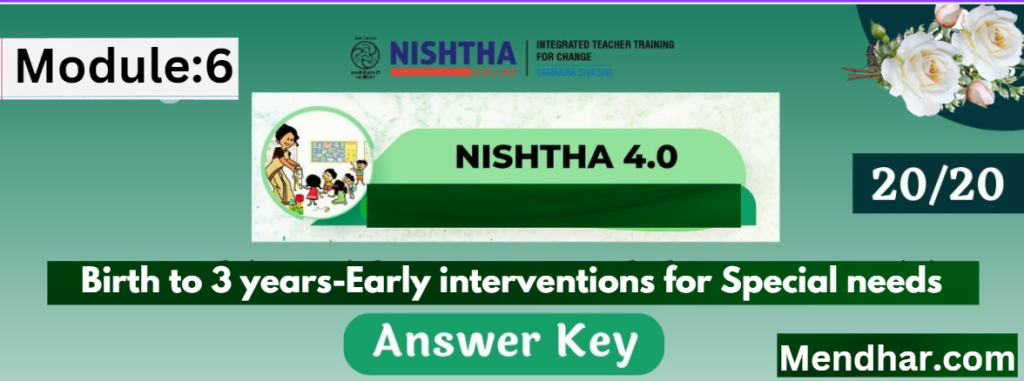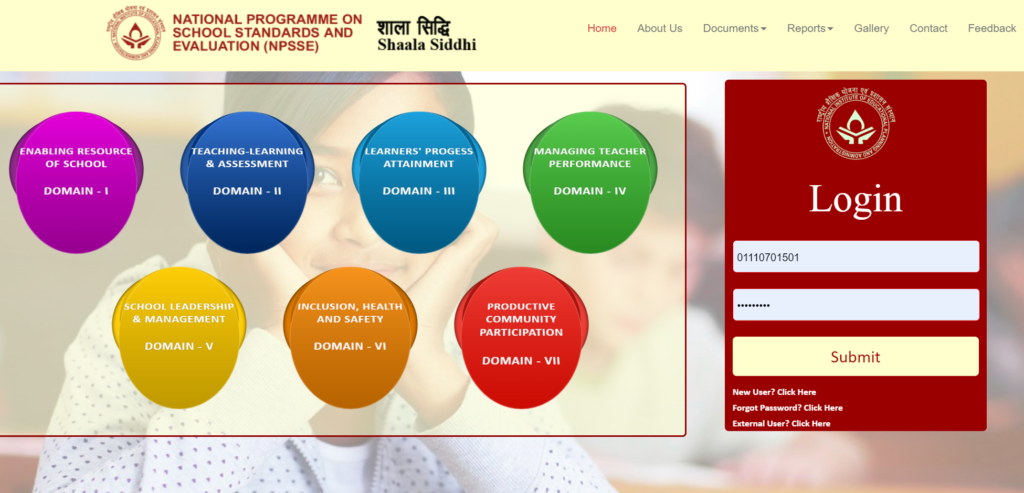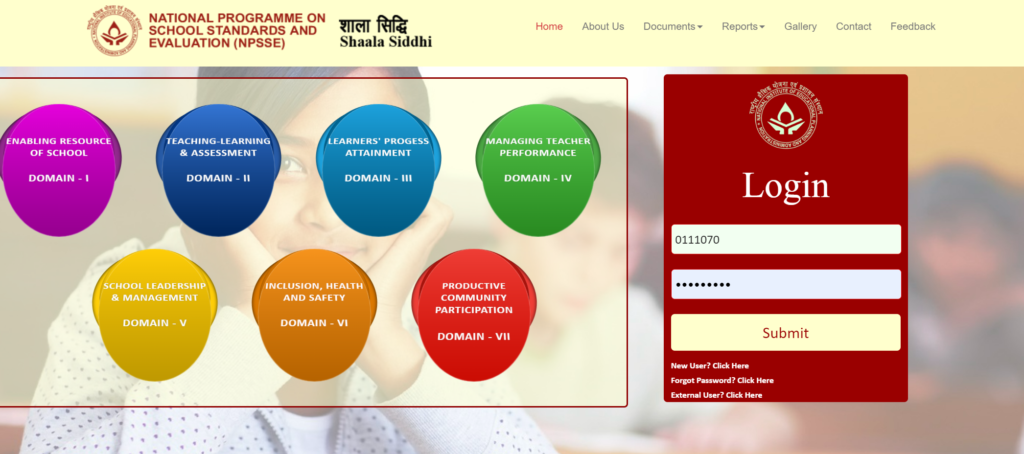Table of Contents
ToggleBirth to 3 years-Early interventions for Special needs

Every child is unique, and their journey of growth and development is a precious one. For children with special needs, this journey may present unique challenges that require additional support and guidance. Early interventions play a crucial role in ensuring these children receive the necessary assistance to thrive and reach their full potential. In this blog post, we’ll explore the importance of early interventions for children with special needs, focusing on the critical period from birth to three years old.
Understanding Early Interventions:
Early interventions refer to the services and support systems designed to address the developmental needs of children with special needs from infancy through preschool age. These interventions aim to identify potential developmental delays or disabilities early on and provide appropriate interventions to promote healthy growth and development.
Importance of Birth to 3 years-Early interventions for Special needs:
Timely Identification: Early interventions allow for the timely identification of developmental delays or disabilities, enabling professionals to initiate appropriate interventions promptly. This early identification can significantly impact a child’s long-term outcomes by addressing challenges before they escalate.
Critical Developmental Period: The first three years of a child’s life are crucial for their overall development. During this period, the brain undergoes rapid growth and development, laying the foundation for future learning and behavior. Early interventions during this critical period can help optimize developmental outcomes and mitigate potential challenges.
Maximizing Potential: By providing tailored interventions and support, early intervention programs aim to maximize each child’s potential. These programs focus on addressing specific areas of need, such as communication, motor skills, socialization, and cognitive development, to help children overcome challenges and thrive in various aspects of their lives.
Family-Centered Approach: Early intervention programs recognize the importance of involving families in the process. Parents and caregivers are integral members of the intervention team, receiving guidance and support to facilitate their child’s development at home. This family-centered approach ensures continuity of care and promotes positive outcomes for the child.
Preventing Secondary Issues: Addressing developmental delays or disabilities early can help prevent or minimize secondary issues that may arise as a result of unaddressed challenges. Early interventions focus not only on the immediate needs of the child but also on long-term strategies to support their overall well-being.
Holistic Support: Early interventions take a holistic approach to support the child’s development, addressing not only their specific challenges but also considering their individual strengths and abilities. This comprehensive approach ensures that interventions are tailored to the child’s unique needs, promoting a positive and inclusive environment for growth.

Answer Key: Birth to 3 years-Early interventions for Special needs
Birth to 3-year Early Intervention for Special Need
1. What does ECCE stand for?
Answer: Early Childhood Care and Education.
2. The term “First 1000 days” refers to:
Answer:– Days from conception of the mother to 2 years of the child
3. According to the National Education Policy (NEP) 2020, Early Childhood Care and Education (ECCE) benefits?
Answer: All children within the age range of 0-3 years.
4. Early Childhood Care and Education (ECCE) is vital for?
Answer :– All children
5. The following is a red flag for children aged 12 to 24 months?
Answer: – At the age of 2, does not form two-word sentences.
Birth to 3 years-Early interventions for Special needs
6.If a child lacks head control and experiences challenges in grasping, clapping, and reaching for objects, what condition could the child possibly have?
Answer: Cerebral Palsy
7. UDL stands for……..?
Answer: – Universal Design for Learning
8. Which developmental domain does a 6-month-old baby demonstrate when raising their arms to be picked up by parents?
Answer :- Socio-emotional domain
9. An early indication of a Specific Learning Disability is?
Answer: – Delayed language and speech
10. Teaching Learning Material becomes accessible when it is designed in a way that?
Answer: – Promotes participation of All Learners
11. Delay in development means…….?
Answer: The child has not gained the developmental skills compared to others of the same age
Birth to 3 years-Early interventions for Special needs:

Birth to 3 years-Early interventions for Special needs:
12. The following skill is associated with the socio-emotional domain?
Answer: – Expressing feelings
13. During the initial 3 to 5 years, the child’s brain development is?
Answer: 85%
14. Preschool teachers are not responsible for the following?
Answer: – To assist in the delivery of the child.
15. Early identification is to?
Answer:- Find out the disability as early as possible
16. Deaf-Blindness means?
Answer: – A child who cannot hear and see.
17……….. is not a prime stakeholder in ECCE?
Answer: – Lawyers
18. The third D in 3D’s of development stands for?
Answer: – Disability
19. Which statement is true?
Answer: – Development varies from child to child
20. The recommended approach to implement in a child-friendly classroom throughout the foundational stage is?
Answer: – Play way, toy based, child-centered approach.
Birth to 3 years-Early interventions for Special needs:
Every child is indeed unique, and their journey of growth and development is a cherished and individualized experience. However, for children with special needs, this journey may entail unique challenges that necessitate additional support and guidance. Recognizing the importance of early interventions is paramount in ensuring these children receive the necessary assistance to thrive and reach their full potential.
Early interventions are particularly crucial during the critical period from birth to three years old. This developmental stage is foundational and sets the trajectory for a child’s future growth and learning. During this time, children are rapidly acquiring essential skills and abilities across various domains such as communication, motor skills, cognition, and social-emotional development.
For children with special needs, early interventions can make a significant difference in their developmental outcomes. These interventions are tailored to address specific challenges or delays that a child may be experiencing. Whether it’s speech therapy for a child with language delays, occupational therapy to support fine motor skills development, or behavioral interventions to address social-emotional difficulties, early interventions are designed to provide targeted support based on each child’s unique needs.
The benefits of early interventions for children with special needs are manifold. Firstly, they can help mitigate developmental delays and minimize the impact of potential challenges on a child’s overall development. By addressing these challenges early on, interventions can facilitate smoother transitions into educational settings and promote better academic and social outcomes in the long run.
Moreover, early interventions empower families by providing them with the knowledge, skills, and resources needed to support their child’s development effectively. Families play a pivotal role in their child’s journey, and early interventions often involve parent education and involvement to ensure continuity of support beyond formal intervention sessions.
Furthermore, early interventions promote inclusive practices within educational and community settings. By addressing the needs of children with special needs early on, interventions pave the way for greater inclusion and participation in various environments, fostering a sense of belonging and acceptance for all children.
In conclusion, early interventions are indispensable for children with special needs, particularly during the critical period from birth to three years old. By providing targeted support and guidance tailored to each child’s unique needs, early interventions can significantly enhance developmental outcomes, empower families, and foster inclusive practices within communities.




Pingback: New Vs Old tax regime: Tax Benefit Comparison - Mendhar.com
Pingback: How to Record Students Co-curricular Activities -